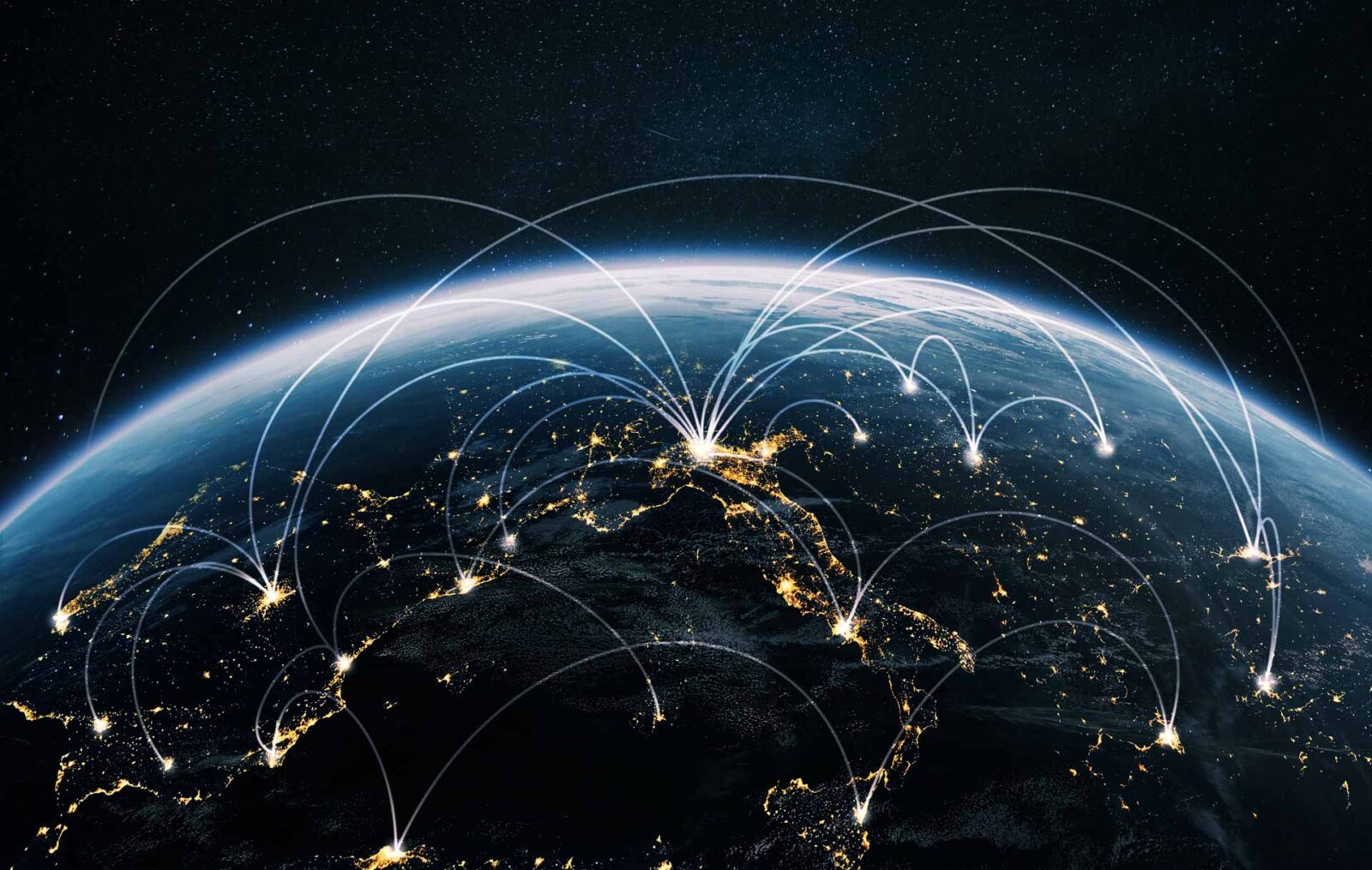Thought leadership
Reseller to direct: Top tips for technology suppliers to the UK public sector
11 July 2025

This website will offer limited functionality in this browser. We only support the recent versions of major browsers like Chrome, Firefox, Safari, and Edge.
Thought leadership
11 Jul 2025

Legal updates
10 Jul 2025
Thought leadership
10 Jul 2025

See what’s coming up, register for the events that matters to you and discover our range of on-demand content.
See upcoming events
Essential listening for you and your organisation.
Discover our range of podcast series and subscribe to make sure you don’t miss an episode.
Listen now